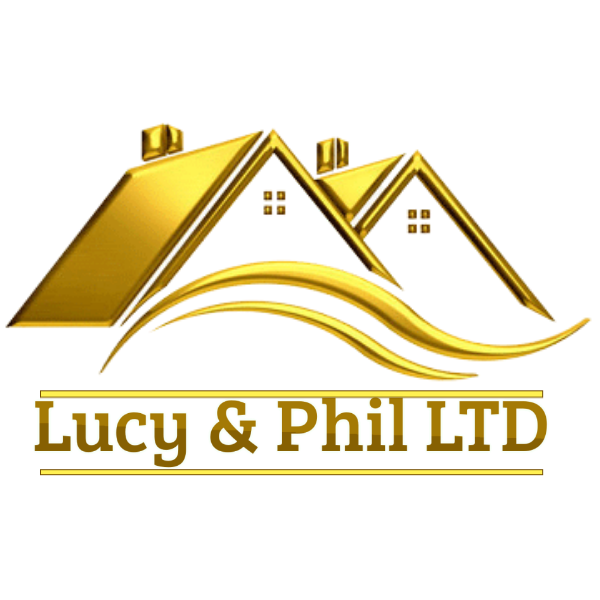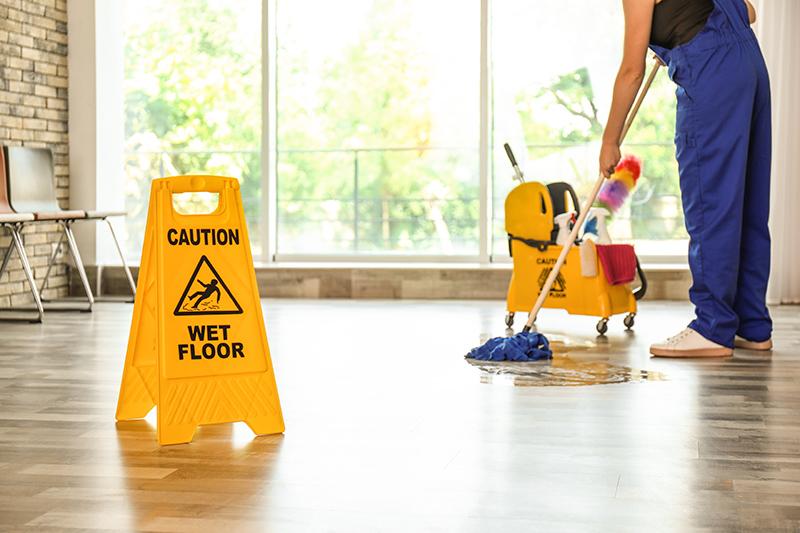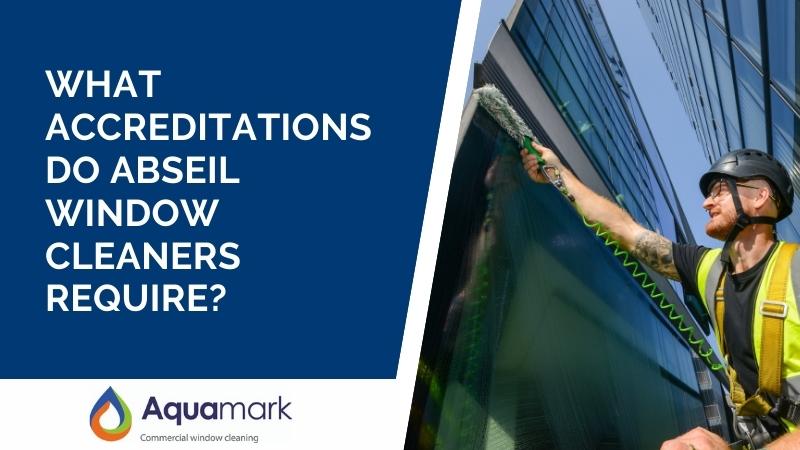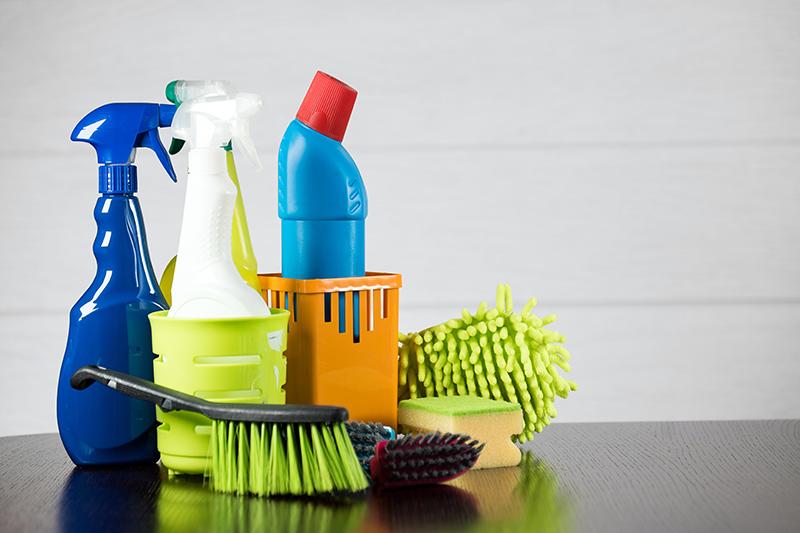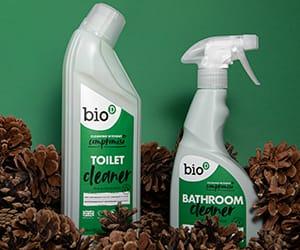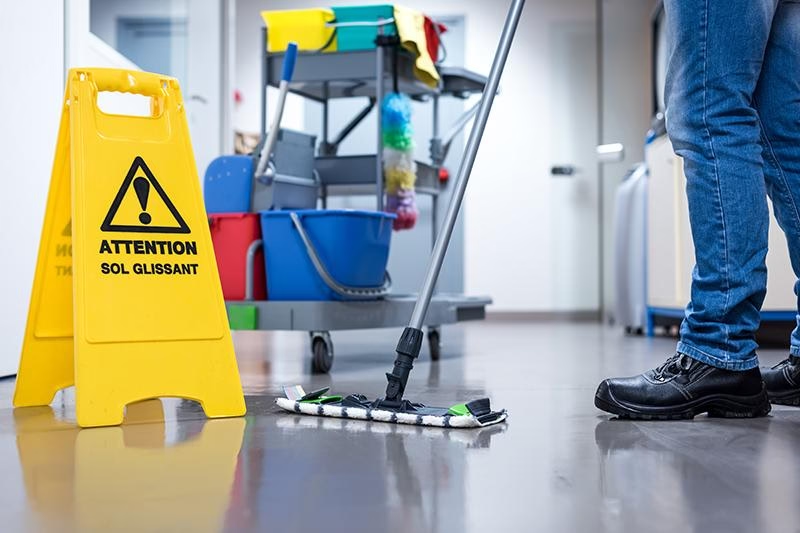
Before the kettle boils and shop shutters rise, a quiet industry is already at work across the United Kingdom, setting the stage for homes, workplaces, and public spaces to function smoothly. From terraced streets in Cardiff and suburban semis in Manchester to glass-fronted offices in London and historic schools in Edinburgh, cleaning services cover a broad spectrum: routine domestic visits, end-of-tenancy turnarounds, commercial janitorial contracts, specialist healthcare sanitisation, industrial site cleans, and more.
Behind the scenes, a varied ecosystem supports this work-sole traders, local agencies, national franchises, and large facilities management firms-each operating within standards and regulations that shape how services are delivered. Factors such as pricing models, insurance and vetting, sustainability practices, and technology-from microfibre systems to robotics-continue to evolve, while regional differences influence availability and cost.
This introduction sets the scene for a clear look at the UK’s cleaning sector: what it includes, how it is structured, and the practical considerations that help clients match needs with providers.
Table of Contents
- The United Kingdom cleaning services landscape with regional pricing bands and typical service tiers
- Standards, compliance and insurance in hiring cleaners with accreditations to ask for and safety practices to expect
- Choosing the right provider with a step by step vetting checklist and contract clauses that protect you
- Sustainable and technology driven cleaning with product choices, eco labels to trust and scheduling tools that save time
- Key Takeaways
The United Kingdom cleaning services landscape with regional pricing bands and typical service tiers
Across the UK, cleaning costs follow a clear regional rhythm, with a noticeable London premium driven by wages, travel time, and parking, while the North of England, Wales, and Northern Ireland tend to be more value-led. Expect one-off work (deep cleans, move-outs, after-builders) to sit above routine rates, and for agency-backed teams with insurance and equipment to price higher than independent solo cleaners. The snapshot below outlines indicative bands many households and facilities managers use to benchmark quotes and set budgets.
| Region | Weekly/Fortnightly (per hr) | Deep/One-off (per hr) | End of Tenancy (1-3 bed) |
|---|---|---|---|
| London | £20-£30 | £25-£38 | £180-£420 |
| South East & Home Counties | £18-£26 | £22-£32 | £160-£360 |
| Midlands | £15-£22 | £20-£28 | £150-£320 |
| North of England | £14-£20 | £18-£26 | £140-£300 |
| Scotland | £15-£21 | £19-£27 | £150-£310 |
| Wales | £14-£19 | £18-£25 | £140-£290 |
| Northern Ireland | £14-£18 | £17-£24 | £135-£280 |
Beyond location, services are usually packaged into clear tiers so you can match scope to need and avoid surprises. The most common structures focus on frequency and intensity, with add-ons for ovens, carpets, external windows, or eco-supplies; surcharges may apply for same-day bookings, heavily soiled areas, and parking constraints.
- Essential/Regular: Maintenance clean for lived-in homes or small offices; kitchens, baths, dusting, floors. Best on a consistent schedule.
- Standard+: Everything in Essential plus inside fridge/microwave, limescale attention, skirting boards; ideal monthly reset.
- Deep Clean: Detail-focused; tiles, grout, behind/under movable furniture, high-touch points; great before hosting or season change.
- End of Tenancy: Fixed-scope top-to-bottom, including inside cupboards, appliances, and descaling; inventory-check ready.
- After-Builders: Post-renovation dust extraction, adhesive removal, window detail; often team-based with equipment.
- Commercial: Tailored to footfall and compliance (e.g., washrooms, kitchens, touchpoints); priced per hour or per site.
Standards, compliance and insurance in hiring cleaners with accreditations to ask for and safety practices to expect
Due diligence in the UK cleaning sector starts with proof that a provider is properly insured, audited and trained. Ask for current certificates of Public Liability (ideally £5m), Employers’ Liability (£10m as standard), and, where relevant, Professional Indemnity, plus a Treatment Risk extension for delicate surfaces and Key‑holding/Fidelity cover. Credible contractors will also share RAMS (risk assessments and method statements), a COSHH register for chemicals, and evidence of staff vetting (e.g., DBS for sensitive sites). Below are recognisable UK benchmarks that signal structured management, safety competence and environmental stewardship.
| Accreditation/Membership | What it signals |
|---|---|
| BICSc | Standardised cleaning skills & audits |
| ISO 9001 / 14001 | Quality control & environmental management |
| CHAS / SafeContractor (SSIP) | Verified health & safety systems |
| NCCA (carpet/upholstery) | Specialist fibre care competence |
| Waste Carrier Licence | Legal transport of waste |
| DBS (as needed) | Suitability for schools/healthcare |
- Always request: insurance schedule, RAMS, COSHH inventory/SDS, training matrix, and sample service audits.
On site, competent operators work to clear, safe routines that you can observe. Expect colour‑coded systems to prevent cross‑contamination, documented PPE use, PAT‑tested equipment, and labelled, dosage‑controlled chemicals with spill procedures. For windows or high areas, look for Working at Height compliance, ladder inspections, and appropriate IPAF certification for MEWPs. A mature provider will also show lone‑worker protections, safeguarding awareness, GDPR‑compliant key/data handling and incident reporting under RIDDOR. The following checklist helps set expectations during walkthroughs and mobilisations.
- Hygiene controls: colour‑coding, touch‑point logs, infection‑control protocols.
- Safety drills: toolbox talks, spill/reaction kits, first‑aid access.
- Equipment care: PAT dates visible, maintenance logs, safe storage.
- Site compliance: signed inductions, visitor badges, emergency routes.
- Specialist work: RAMS for floor restoration, high‑level, or biohazard tasks.
Choosing the right provider with a step by step vetting checklist and contract clauses that protect you
In a crowded UK market, a calm, methodical vetting process turns a promising cleaner into a dependable partner. Start by validating legitimacy and safety, then test performance before any long-term commitment. Build a comparable shortlist and use the same evidence across providers so your decision is data-led, not just price-led.
- Confirm Companies House listing (or sole trader details), VAT status, and active insurance (Public Liability £5m+; Employers’ Liability £10m where applicable).
- Verify staff DBS checks, right‑to‑work, and training in COSHH, manual handling, and colour-coding (e.g., BICSc standards).
- Request risk assessments, method statements, and safety data sheets for all chemicals; confirm eco policy and waste disposal.
- Ask for two sector‑specific references, onsite supervisor audits examples, and a trial clean with a scored checklist.
- Inspect equipment/PPE, attendance systems (QR/NFC time logs), and response times for issues and call‑outs.
- Clarify holiday/sickness cover, keyholding procedure, alarm access, and secure storage for chemicals and keys.
- Demand transparent pricing (rates, consumables, call‑outs) and avoid long lock‑ins before the trial period concludes.
| Clause | What to include | UK tip |
|---|---|---|
| Scope & KPIs | Rooms, frequency, task list, pass/fail metrics | Use BICSc colour-coding; add ATP/surface scores |
| Re‑clean & Credits | Fix‑within window and service credits | 24-48h re‑clean, % credit for misses |
| Staff Vetting & Security | DBS, ID, supervision, key control | Reference BS 7984 for keyholding |
| Liability & Damage | Responsibility, caps, incident reporting | Name client as interested party on policy |
| Data & Privacy | GDPR roles, DPA, breach notice | DPA if accessing CCTV or access logs |
| Price & Indexation | What’s included, change rules | Link rises to CPIH; 90‑day notice |
| Termination | Notice, cure periods, convenience exit | 30‑day notice; no punitive auto‑renewals |
| TUPE (commercial) | Transfer provisions and indemnities | Plan if replacing an incumbent team |
Protective clauses should balance accountability with fairness, ensuring standards don’t slip after week one. Make the agreement measurable and auditable, specify who supplies consumables, and document how issues escalate from site supervisor to director. Add a simple dispute pathway (re‑clean, credit, escalation, mediation) so problems are solved quickly and without drama.
- Non‑negotiables: insurance certificates, DBS for keyholders, written KPIs, re‑clean guarantee, GDPR‑compliant DPA, named account manager, and incident reporting within 24 hours.
- Red flags: vague “as needed” scopes, cash‑only or unrealistic pricing, refusal to share references, no proof of training, aggressive exit fees, or contracts that auto‑renew without clear notice.
Sustainable and technology driven cleaning with product choices, eco labels to trust and scheduling tools that save time
Greener results start with smarter choices: we prioritise concentrated formulas, microfibre systems that lift dirt with less chemistry, and enzyme-powered detergents that work in cold water to cut energy use. Packaging is kept light with refills and closed-loop canisters, and we map suppliers to minimise transport miles across the UK. When selecting products, we look for third‑party verification that proves low toxicity, biodegradability and responsible sourcing-so your space is clean, your air stays clear, and waterways stay protected.
- Low‑impact chemistry: plant‑based surfactants, phosphate‑free, readily biodegradable.
- Water‑smart workflows: dosed concentrates and on‑site dilution to avoid waste.
- Durable tools: launderable microfibre, long‑life pads, repairable equipment.
- Responsible supply: recycled packaging and take‑back schemes for empties.
| Eco label | What it assures |
|---|---|
| EU Ecolabel | Lower toxicity, performance tested, reduced packaging |
| Allergy UK Seal | Formulas assessed to minimise allergen risk |
| Ecocert Detergents | Natural origin ingredients and transparent sourcing |
| Nordic Swan | Strict limits on chemicals and lifecycle impact |
| Cradle to Cradle | Material health, circularity and clean manufacturing |
Time-saving is sustainability, too: our scheduling blends a self‑service booking portal with route optimisation to limit travel, QR checklists for swift, traceable tasks, and photo‑logged completion reports. Real‑time updates reduce missed connections, while BST/GMT‑aware calendars, key‑holder windows and SMS reminders keep everything punctual. The outcome is fewer van miles, tighter arrivals, and more consistent standards-delivered with transparency you can audit.
Key Takeaways
From high streets to harbour towns, from terraced rows to glass-fronted offices, cleaning services in the United Kingdom have become the quiet machinery that keeps daily life moving. Whether it’s a weekly tidy, an end-of-tenancy refresh, or a specialist deep clean, the range is broad-and so are the standards. As ever, the best fit tends to be the one that aligns with your space, your schedule, and your expectations for transparency, training, and sustainability.
Looking ahead, the sector is set to keep evolving: smarter booking tools, greener methods, stronger accreditation, and a continued focus on health, safety, and fair work. In a market this diverse, a little diligence goes a long way-clarify your priorities, compare like for like, and ask about credentials and cover. Do that, and you’ll likely find a team that keeps the dust down, the standards up, and the rest of your day firmly in motion.
